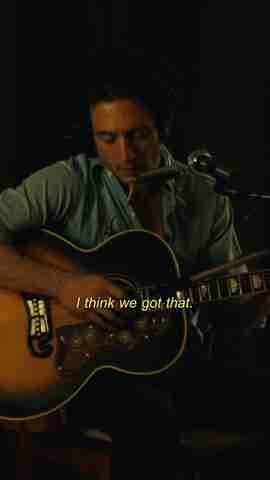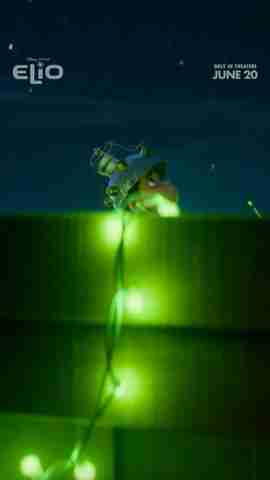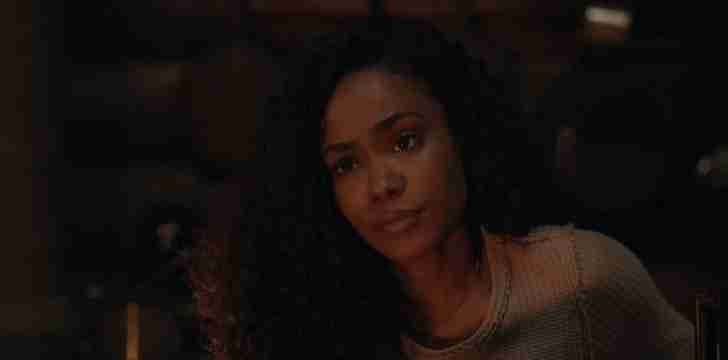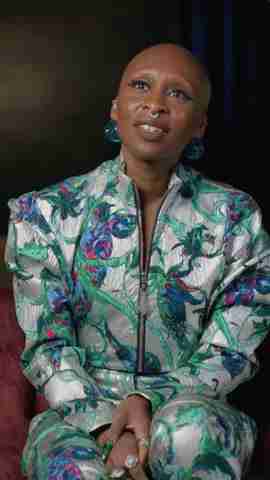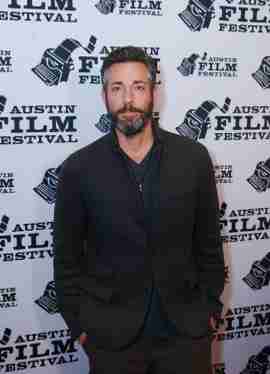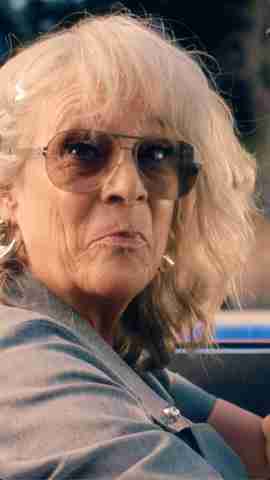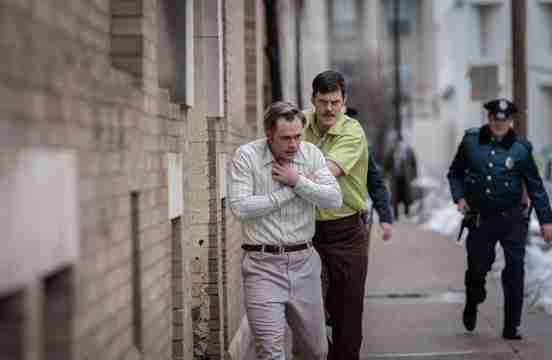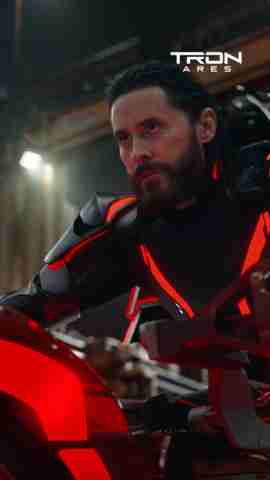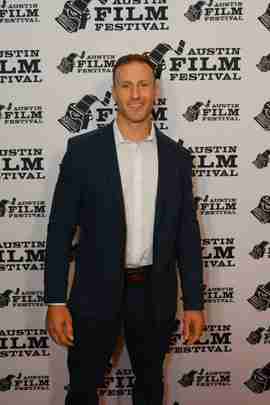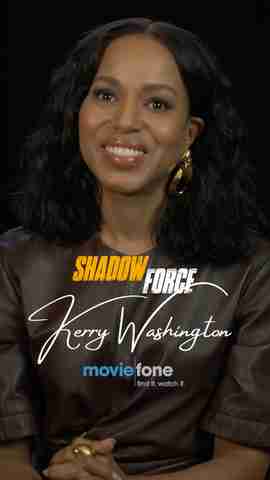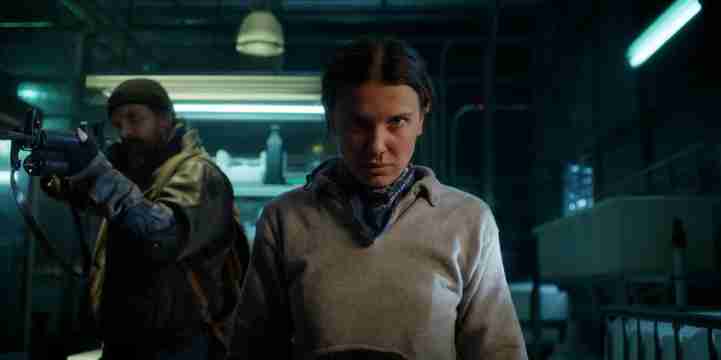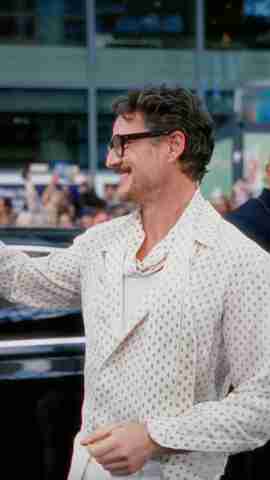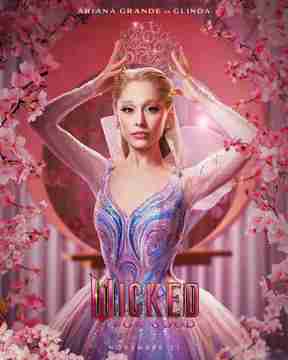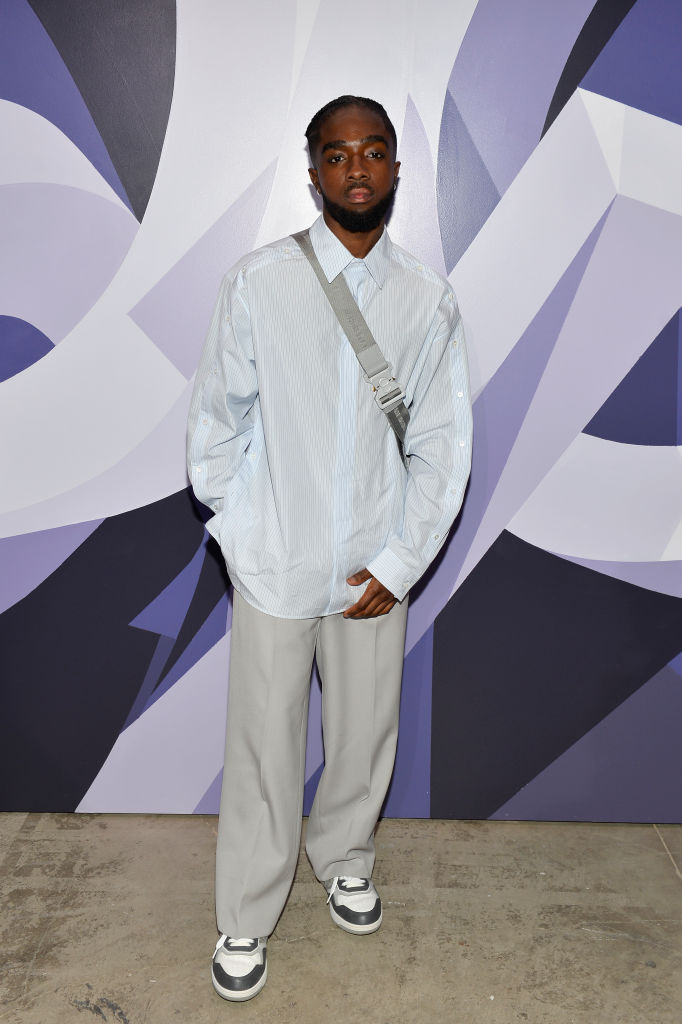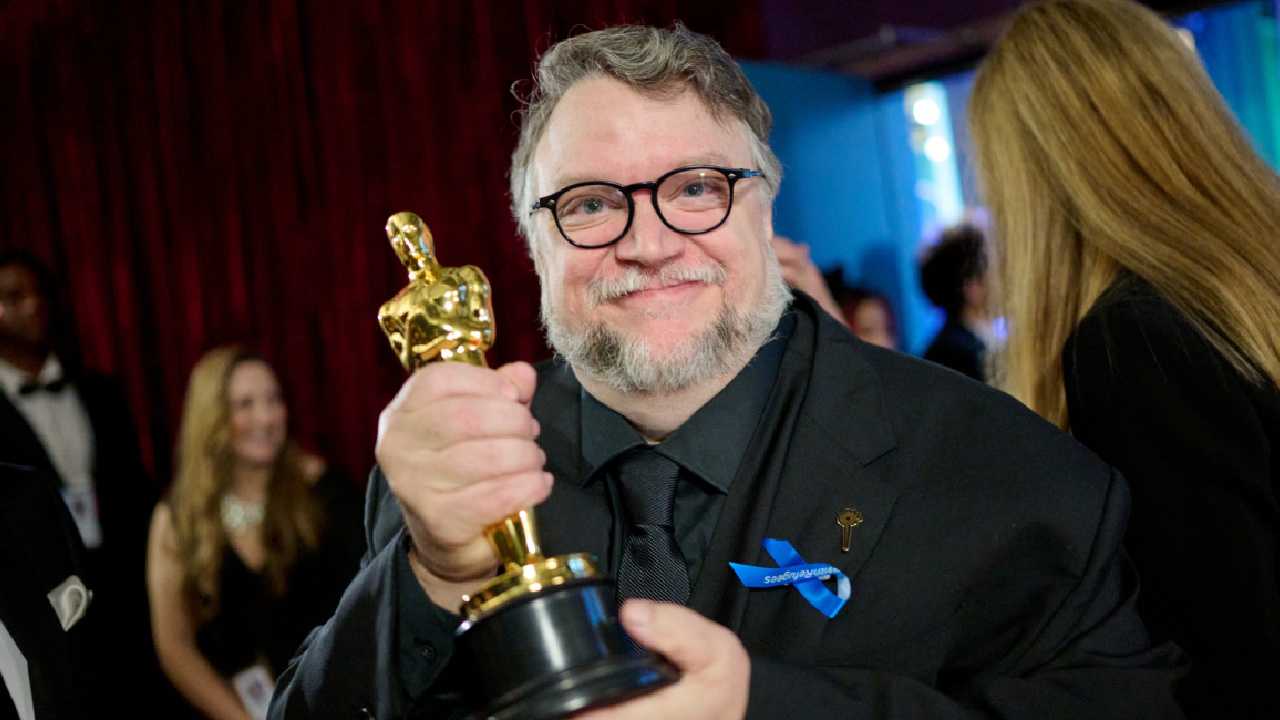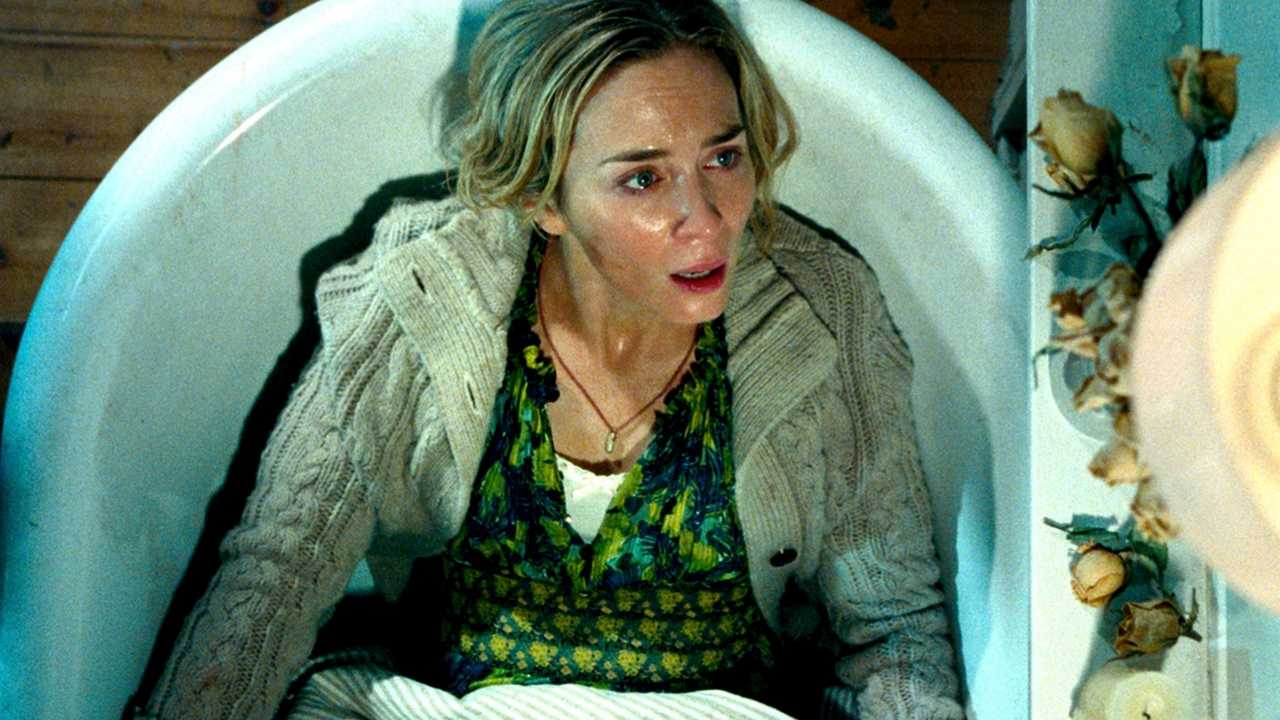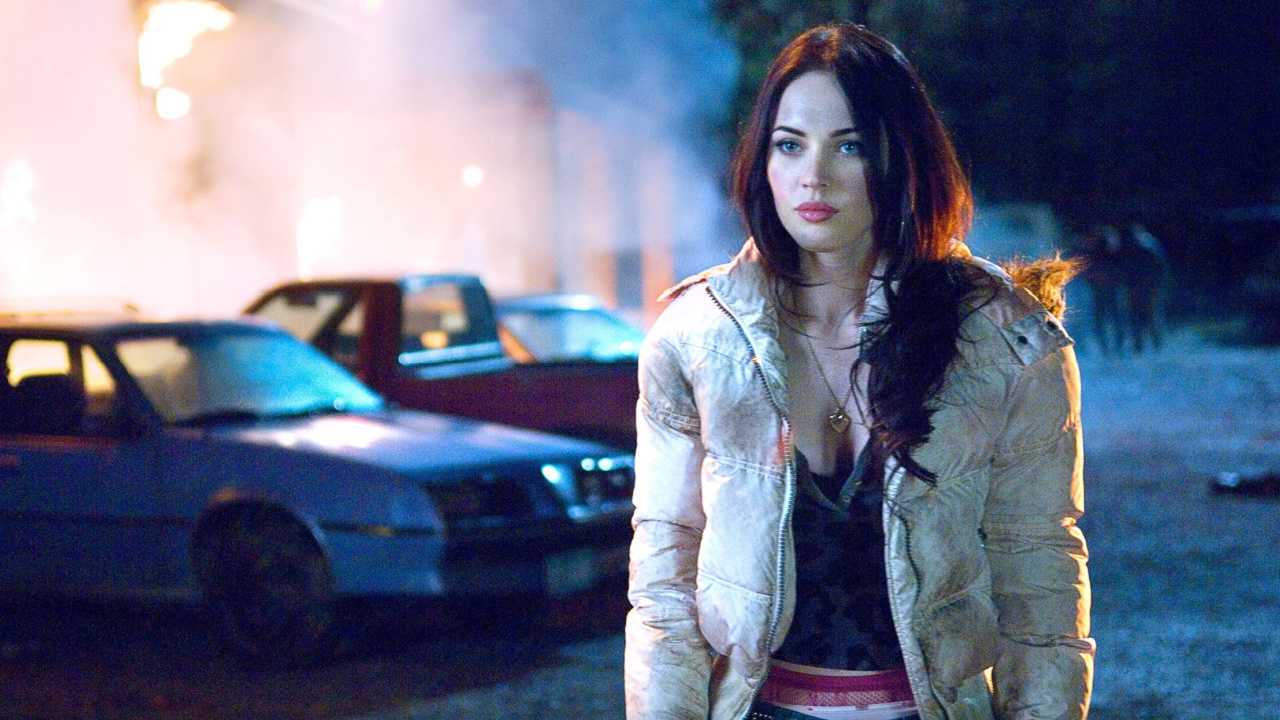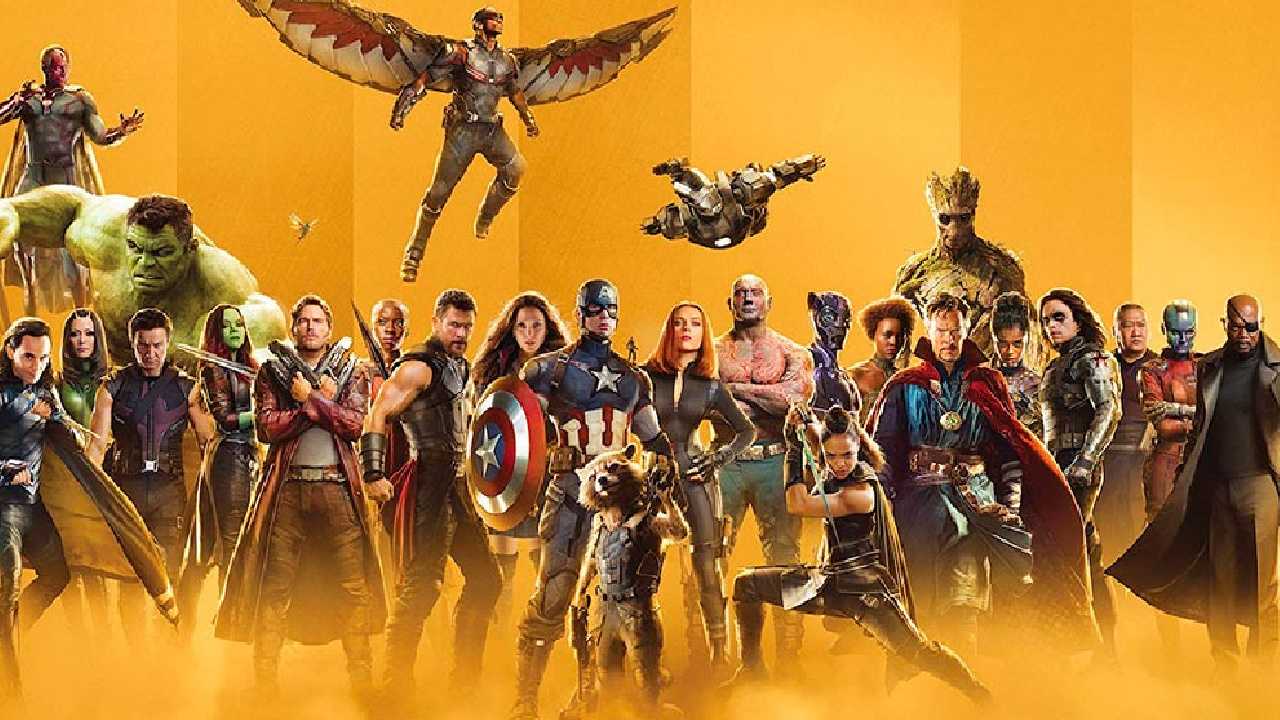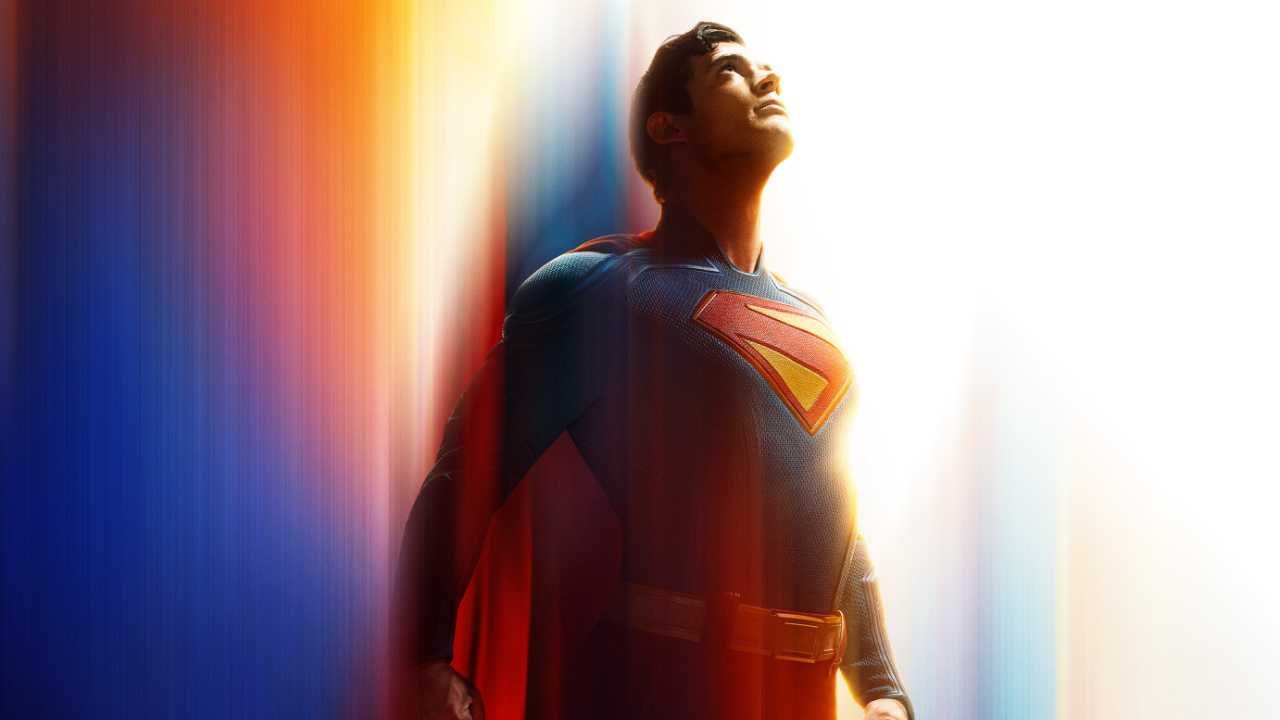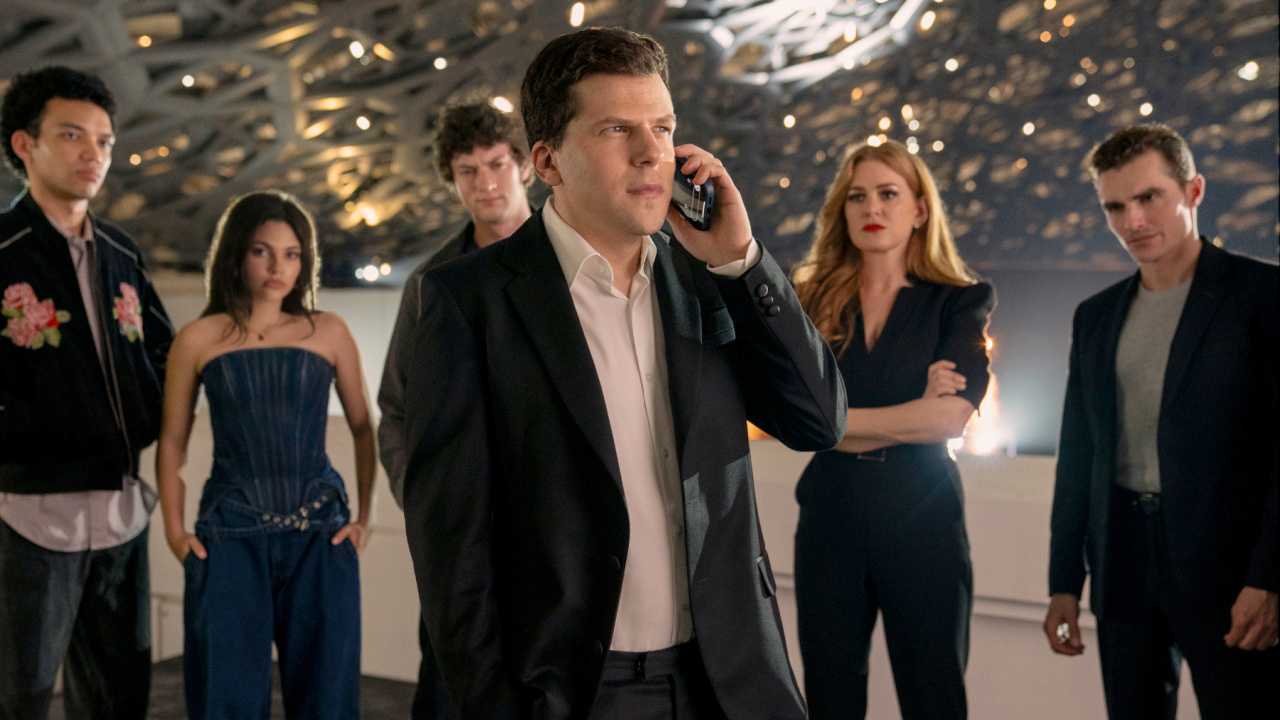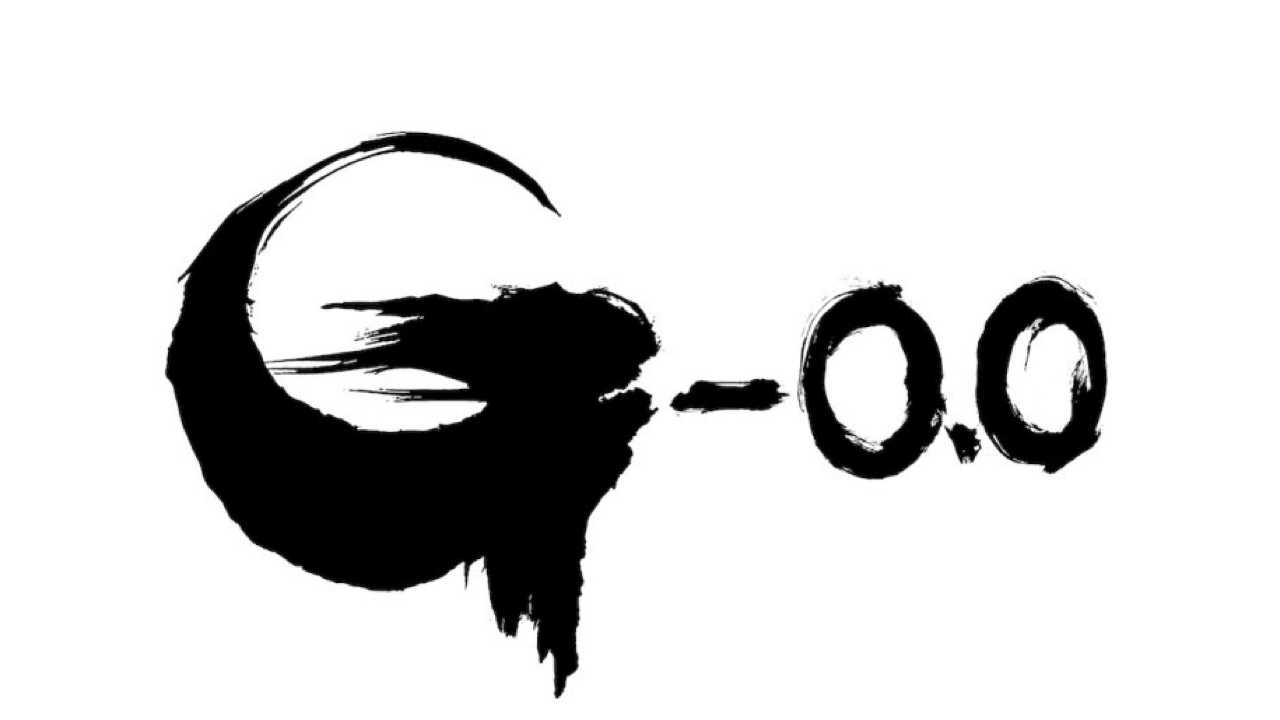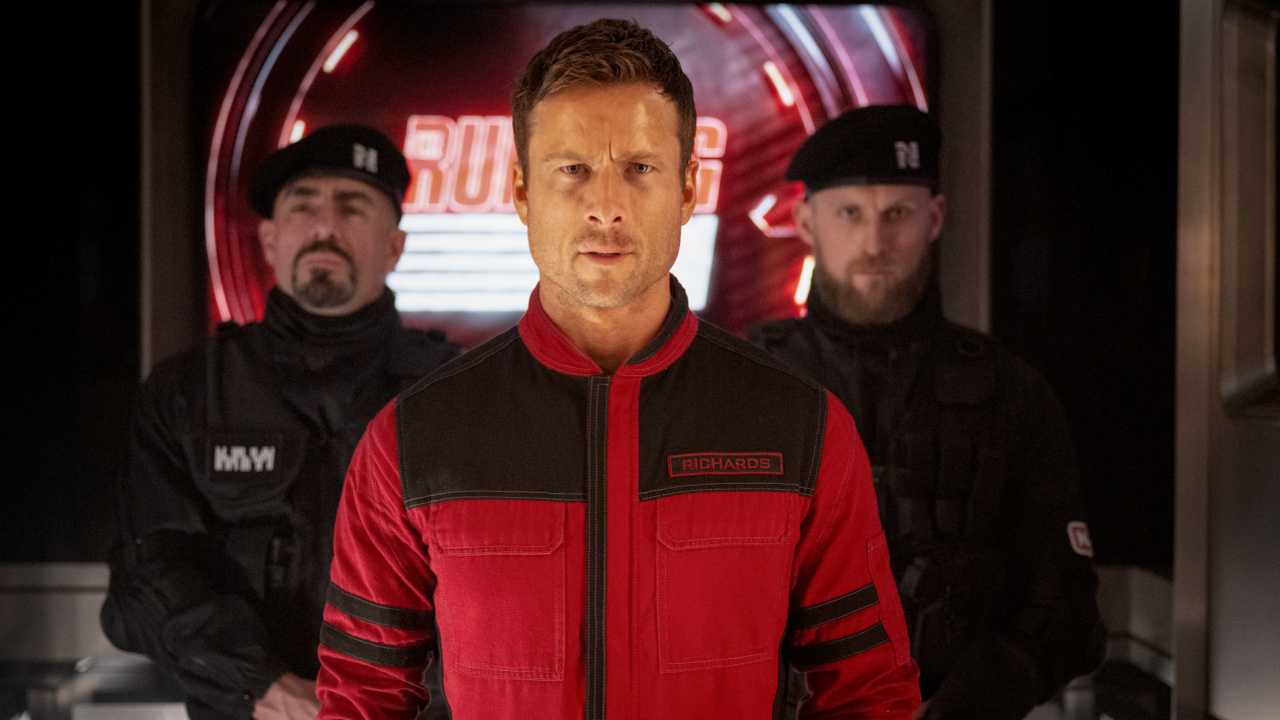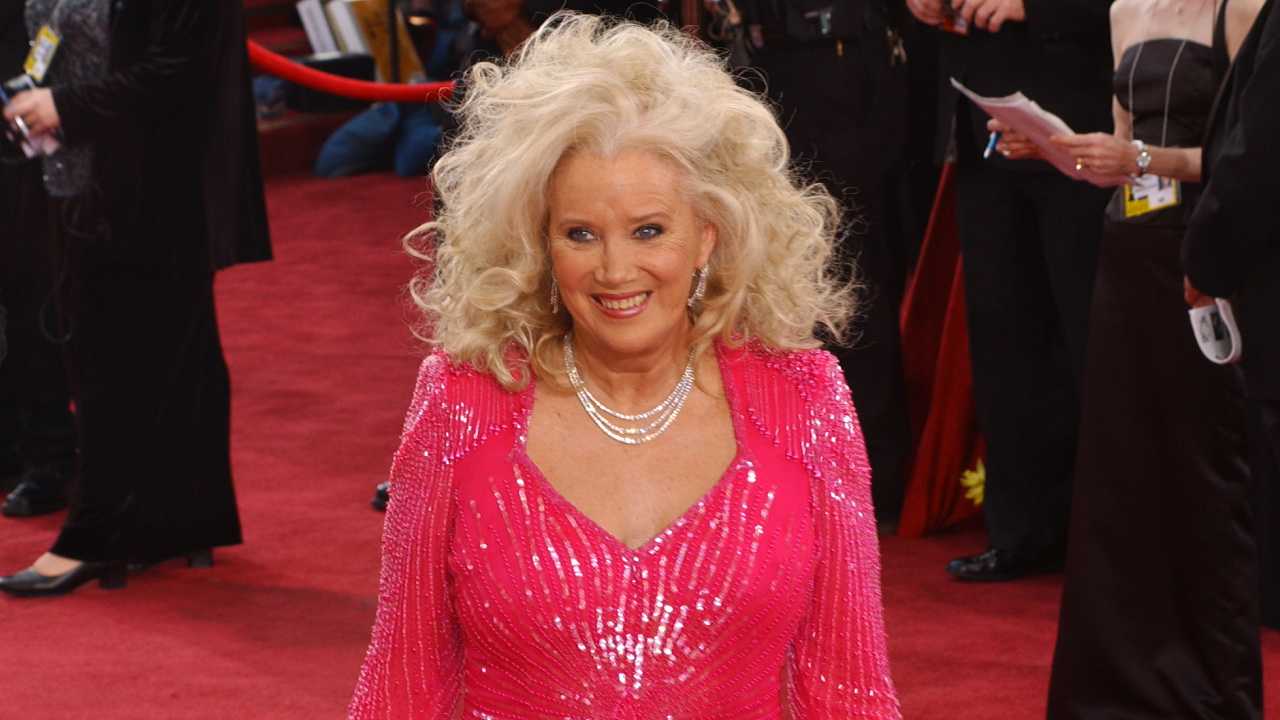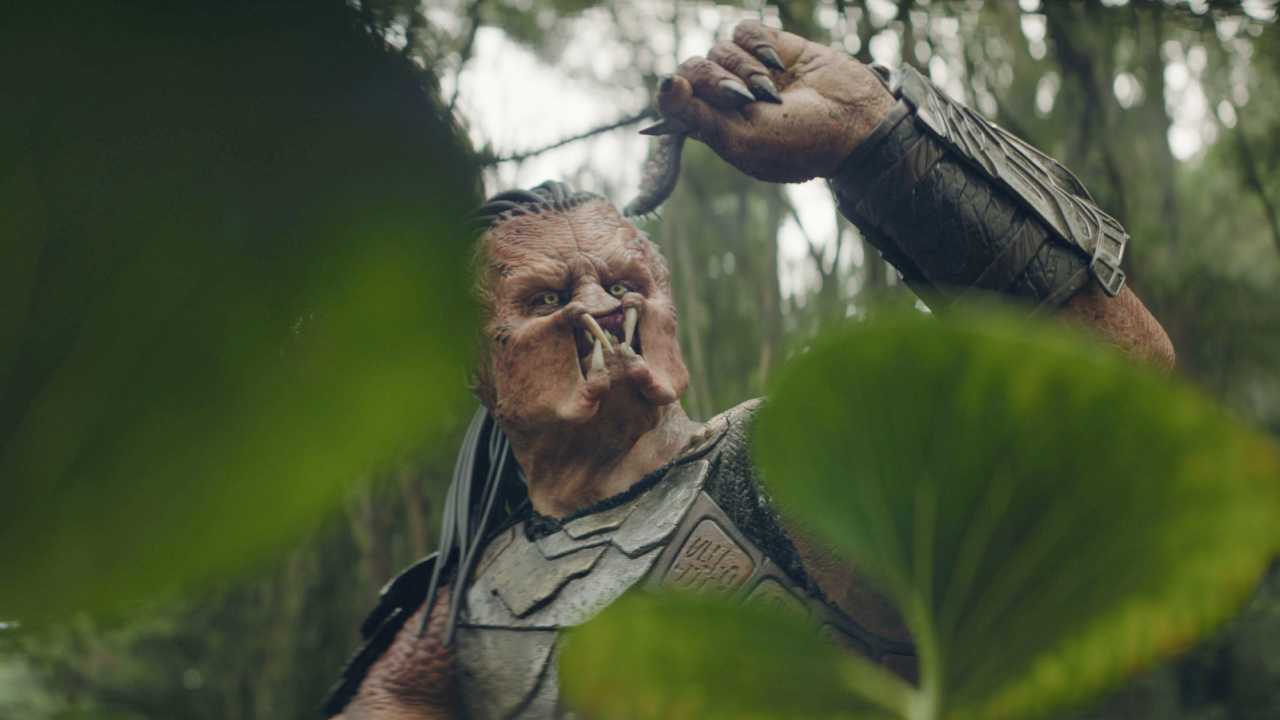Director Walter Hill Discusses the Controversy Surrounding His Thriller 'The Assignment'
Walter Hill is one of those filmmakers who is probably one of your favorites even if you don't know his name. This is a man who shepherded the "Alien" franchise, who made, between the years of 1979 and 1984, "The Warriors," "The Long Riders," "Southern Comfort," and "48 Hours," each of them classics while nimbly working with disparate tones and within wildly different genres. He co-created "Tales From the Crypt." Later, he worked on "Deadwood." Even his minor hits are fascinating and awe-inspiring, movies like the rock 'n roll fable "Streets of Fire" or the hard-nosed pseudo-western "Extreme Prejudice" (a movie that contains maybe my favorite Nick Nolte performance ever). And what's more, he's back, with a movie every bit as raw and raucous as his peak era output.
The movie is called "The Assignment" and features Michelle Rodriguez playing a male hitman named Frank Kitchen (yes, really), who undergoes gender reassignment surgery at the hands of a sadistic doctor (a scenery chewing Sigourney Weaver) after a hit gone wrong. It's pulpy stuff, brutal and violent. Sometimes the movie flickers into comic book panels. Its depiction of gender reassignment surgery and transgender issues isn't exactly the most nuanced -- but it's not supposed to be, this is the stuff of dime store novels. And it's awesome.
So you can imagine my thrill when I got to talk to Hill about his new movie, whether or not it was a conscious choice to work on a smaller film with more control, and what his thoughts are on "Streets of Fire," a visionary masterpiece that was critically and commercially ignored at the time of its release, these days. (Our friends at Shout Factory are about to release a new Blu-ray edition, which is so exciting.) He was absolutely charming and open and, if given the opportunity, would have talked to him all day. I mean ... just look at his filmography.
Moviefone: Can you talk about where this story came from?
Walter Hill: Well, Denis Hamill wrote the original script back around 1977. And I read it then and was very intrigued by the story but I was very busy doing other things and didn't do anything about it. And then years went by but every once in a while there would be a reference to it from people who had read it or knew that I liked it. And while I was aware of it in the '70s I didn't acquire the rights until the '90s. I then co-wrote I script, which I think I totally screwed up. Then I didn't think it was going to work and I abandoned it and let the option lapse.
But, about five years ago, I was doing the classic rooting around in the basement and I ran across Denis's original, which I looked at again because I remembered it fondly, and suddenly I had an idea about how to do it that I thought would probably work. And I thought I could probably get it made. So I called Denis again and the rights were still available and went to work on this new approach and wrote it very quickly. It wasn't some magic ingredient but I think my notion was informed by my experience on "Tales from the Crypt." I had done three of those and I wanted to do this story like an E.C. Comic or a graphic novel if you will, which it now is. I sold it as a graphic novel in France while over there raising money to make the movie.
When you re-did "The Warriors," you added similar graphic novel elements. What makes that so appealing to you?
Well, one, I was always frustrated. I always wanted to make comic books. I think, when I was a kid, it was one of my ambitions, along with athletic fame. And "The Warriors" thing was actually an attempt to show the original intent. I thought it would help explain [the movie]. And the studio had agreed on that and then they decided that it was no longer the agreement. So what I was trying to get at with "The Warriors" thing was, This is what the movie would have been like if I had been given a free hand. I know there are a lot of people who prefer the regular version and I respect that. I just thought it was interesting for people to see what I wanted to do.
It looks like you used the same technique on "The Assignment."
I did. I was free to do it and wanted everybody to know that we were working in a rather special place. A fantasy world is too strong an expression. This is a crime story that has no police in it. This posits a certain genital altering operation that takes place in a basement, which is pretty much impossible. There are a lot of shorthand elements that are rather reflective of comic book literature. I wanted everybody to understand it. I talked to some people who thought that maybe I had made it a little too clear that it was the comic book world. But I leave that to others.
And yet some people were offended by it, despite it being such a stylized film.
Well, the people that were offended by it ... The essays that were written condemning it, and they were numerous, they had to do with the idea that the movie was somehow going to exploit or belittle or make light of the transgender process and situation and the people who had gone through it. We do live in gender fluid times, especially compared to the world that I grew up in. As you know, I'm an old fella.
Number one, I think that that's good. Secondly, this isn't a movie that challenges transgender theory. As a matter of fact, it reinforces them. Frank Kitchen starts out as somebody committed, inside his head, a very masculine fellow. Probably a little too much so. And when he goes through an act of genital alteration, he remains a fellow inside his head. He remains masculine. Which is exactly reinforcing transgender theory, the idea being we are who we are inside our head.
But I didn't say much at the time when all of this was flying around. I figured the movie would be my defense. I always think that's the best policy, really. I don't tend to engage in a lot of polemics. So there you have it.
Was it a conscious decision to make a small, independently financed movie after doing a more large-scale production, with "Bullet in the Head."
Well, you find yourself at moments in your career where you ask yourself, Do you still want to work? And do you want to find avenues of storytelling. If you're not in a position to write a novel anymore for economic reasons or reasons of energy, write a short story. There's the old saying that you play the cards you're dealt. I'm fully aware this is not 1985. The phone is not ringing off the hook. If I'm going to keep working, I have to find ways to get things made that are attractive to finance at a certain level. And that's fine. I don't object to it.
Look, I will tell you no director ever made a movie that didn't wish he had a little more time, a little larger budget. That's one of the first rules in the DGA manual I think. We all wish we'd had a little more time and we all wish you could shoot the movie, cut the movie, and then go fix a few things. But that's a privilege you don't get in this business. Novelists and painters have that privilege but filmmakers don't.
I wanted to ask you about working with your producer, Saïd Ben Saïd, because he's produced some great movies from some legendary directors recently (Paul Verhoeven, Brian De Palma, Roman Polanski, David Cronenberg).
Well, I finished the script I wanted to make and I took it to my agent and he said, "Well, Jesus Christ nobody is going to make this." Then he said, "Can you make it really cheap?" And I said, "I think so. I'm not a professional budgeter but I certainly think you could make it at a reasonable level." I was on my way to Munich, they were doing a retrospective of my films there and my agent told me to stop in Paris on my way back. He said, "I want you to meet Saïd. He might go for this."
So I stopped in Paris and we discussed and he said he was intrigued and if we could intrigue a certain level of casting and I promised I would not exceed a rather tight budget that he would go get the money for it. Saïd and I got along quite well, as he's just shown with Verhoeven, he's quite open to shall we say veteran directors.Before I go I have to ask you about one of my favorite movies of yours, "Streets of Fire." It was supposed to be the first part of a larger series.
Well, I thought it was going to be the further adventures of Tom. Larry Gross, the co-writer and I, had lunch just yesterday. Larry is more articulate than I am about this. But we thought we were onto something with the genre mix of action movies and musicals and comic book representation, and we were kind of exploring new territory. Some of the experiment, I think, worked very nicely, but some of it needed a little more help.
Larry contends that the movie had one big problem and that was that it was ahead of its time. I'm not sure. It's a movie that's hard to define what, exactly, it is. That's probably a sign that it's in trouble right away. But [when] people ask me, I always say it was my first foray into musicals. I was disappointed in the reception to the film domestically. But it found, both critical and commercial success, in certain areas of the world but it did nothing here. But we all went on.
"The Assignment" is on VOD now and in select theaters this Friday.
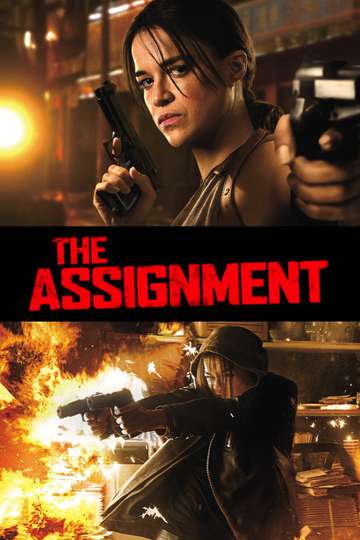
The Assignment


